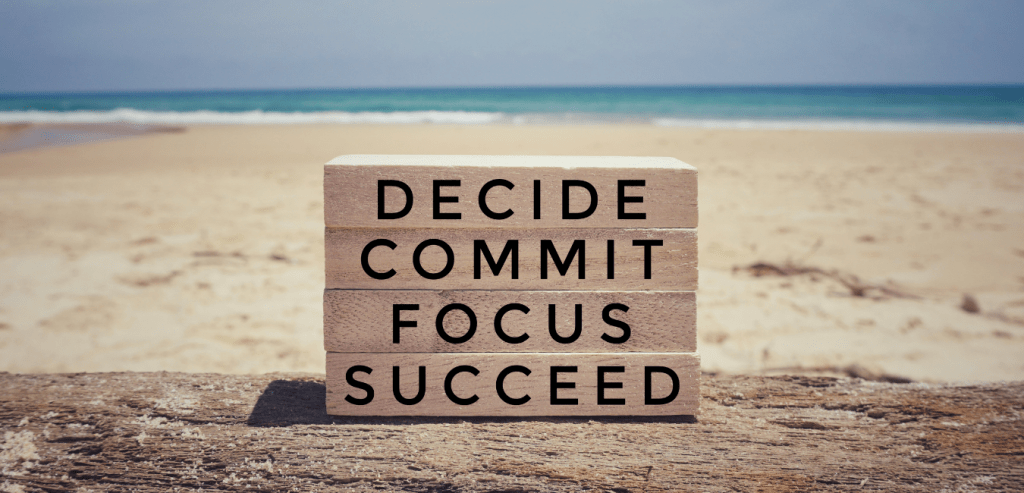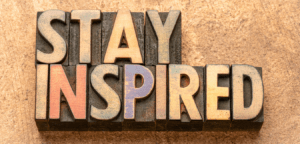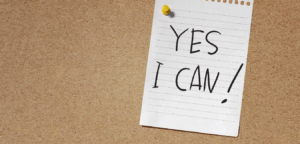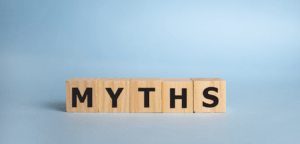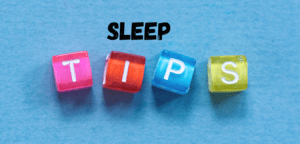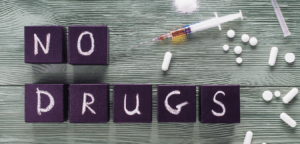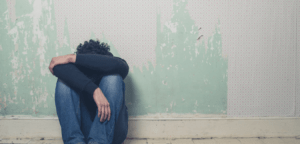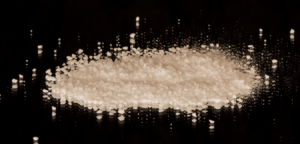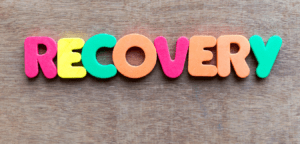Although triggers are certainly a factor in the relapse process, the triggers themselves do not cause immediate substance use. Instead, they initiate the process of relapse, which typically occurs in three stages: emotional relapse, mental relapse, and physical relapse.
|
3 Stages of Relapse |
|
|
Emotional Relapse |
|
|
Mental Relapse |
|
|
Physical Relapse |
|
1. Emotional Relapse
In this stage of relapse, you are not typically thinking about using again. Instead, you are setting yourself up for relapse with unhealthy emotional responses and poor-self care. In many cases, this includes skipping IOP meetings, not sharing in those meetings, focusing on the needs of others instead of yourself, isolating yourself from others, and not caring for yourself properly (unhealthy meals, lack of sleep, and poor hygiene). This relapse stage is typically characterized by the acronym HALT, which stands for hungry, angry, lonely, and tired.
2. Mental Relapse
In this stage, you are battling yourself, constantly fighting an inner war between not using and using. You might begin bargaining with yourself, replacing one substance with another or you might begin to rationalize the use of drugs and alcohol by minimizing the consequences. You might also start permitting yourself to use a substance once or twice a year, thinking you’ll be able to control your usage habits. Although it’s important to note that occasional thoughts of using while in recovery are normal and even frequent, dwelling or acting on those thoughts is what will lead to relapse in the end.
3. Physical Relapse
This stage is what most of us associate with relapsing: actually using a substance. Most often, a physical relapse takes place during a situation in which you believe you will not get caught. Then a single use leads to uncontrolled usage and you find yourself unable to stop and continually obsess about using more and more.
As an individual in recovery, it’s vital that you understand each of these stages of relapse so you can better combat them. This can only be done with peer support and clearly defined relapse prevention strategies. These strategies are formulated in drug rehab and can be practiced safely within a transitional housing situation.
What Are the Symptoms of Relapse?
There are several warning signs and symptoms of relapse you can watch for if a friend or loved one is recovering from addiction. Common symptoms of relapse include:
- Romanticizing or reliving past drug use in a positive light
- Believing one can use drugs or alcohol casually without falling back into addiction
- Displaying sudden behavior changes like becoming increasingly isolated or avoiding a sponsor
- Losing interest in activities or hobbies one has established in recovery
- Refusing to go to recovery meetings or avoiding them
- Displaying doubt in the effectiveness of the treatment or recovery process
- Hanging out with old friends who still drink or use drugs
Recognizing the warning signs before relapse is one of the best ways to intervene early and prevent it entirely.
What Are Some Holistic Approaches for Relapse Prevention?
When used in conjunction with evidence-based addiction treatment programs and therapeutic interventions like CBT, holistic treatment methods can also reduce your risk for relapse and improve your overall health and wellness for sustained sobriety.
Holistic treatment methods focus on the entire person and not just the addiction. By helping you feel better physically and psychologically, these treatment methods will also improve your ability to manage triggers, challenging life circumstances, and emotional difficulties you may face after rehab.
Some of the best holistic approaches for relapse prevention include:
- Getting enough sleep
- Eating a balanced diet
- Exercising regularly
- Practicing mindfulness meditation
- Practicing yoga
- Trying acupuncture or massage therapy
What is the Best Way to Prevent Relapse?
Just like the treatment process, preventing relapse is a highly individualized process, but staying in treatment for the recommended amount of time is one of the primary factors that will help you stay sober.
After detox and rehab, establishing a sober and supportive environment for yourself is key to maintaining your sobriety. Sober living homes provide many opportunities to establish healthy and genuine relationships with sober peers. They also naturally offer positive peer pressure and ongoing recovery support services like:
- Tiered recovery programming
- Drug and alcohol testing
- Certified peer recovery support programs
- Employment assistance and educational planning
- Volunteer placement
- Access to clinical therapy, medication-assisted treatment, and intensive outpatient treatment
Many sober living homes also encourage family involvement through family therapy, which will improve communication among your loved ones, prepare everyone for your eventual return home, and minimize stress and triggers caused by issues in the home.
While enrolled in a sober living home, you can also choose to receive one-on-one therapy and/or medication-assisted treatment for underlying mental health disorders that have contributed to your addiction, such as bipolar disorder, PTSD, anxiety, or depression. Treating these co-occurring disorders alongside your addiction will increase your ability to maintain long-term sobriety.
Credited to: Edaimoniahome

